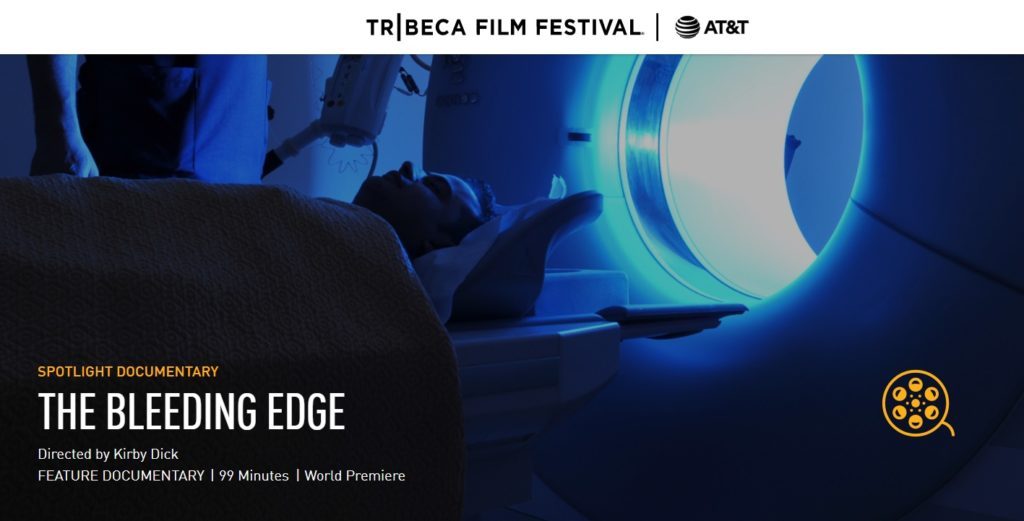While I had heard of the issues addressed in the new Netflix documentary, The Bleeding Edge, released a few weeks ago, I think that is because of the kind of work that I do and my experience with personal injury cases and medical device litigation.
The Bleeding Edge discusses surprising health problems that patients have had with metal-on-metal hip replacements and the resulting serious neurological problems from cobalt poisoning, the contraceptive Essure, da Vinci robotic surgery, and harmful vaginal mesh products.

It will probably come as news to many people, and if you haven’t seen it, you should watch it. We don’t have a very good understanding in our society about the risks that we confront when we undergo medical care. The documentary shows that even people that you think would know better, including surgeons and nurses, in fact did not realize the risks, and they trusted the medical device industry and FDA instead.
Some skepticism and additional research could have helped those kind of knowledgeable health care workers investigate the best care and treatment for themselves and their loved ones. Of course, millions of Americans lack the knowledge and understanding to do that kind of research. Unfortunately, you cannot trust the FDA to protect you, and you cannot trust the medical device industry to look out for your best interests.
There have been lawsuits and multi-district litigation to try to tame these particular abuses and dangerous products, but Netflix flexed its muscles with this program, which harkens back to a time when you would see investigative reporting on television news shows. These days, that sort of thing would tend to upset the advertisers and so it is not done. About a week before the premiere, Bayer announced that it would quit selling Essure in the U.S. at the end of 2018, a move that it put off when it stopped selling the device in other countries in 2017, but continued selling it here. Litigation and regulation have either made halting progress or have been ineffective in getting this done previously, but this should count as a win for women, who too often are not treated as well as they should be in our health care system.
